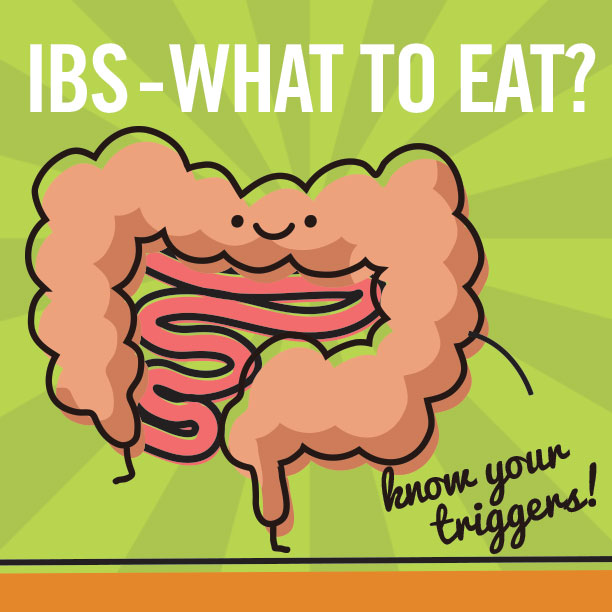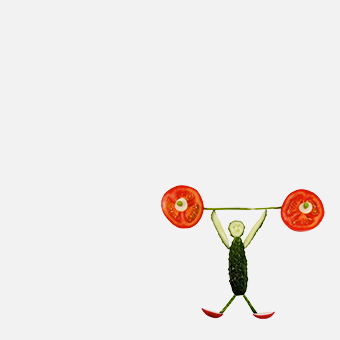Irritable Bowel Syndrome (IBS) is a common condition that affects your digestive system. It is a life long illness that can come and go, often seeing flare-ups throughout your life.
It is thought that as many as one in five people have IBS, and they can see their symptoms flair up during times of stress, or after eating particular foods.
Some of the main symptoms of IBS include constipation, diarrhoea, stomach cramps and bloating. These symptoms do vary between people, and whilst some may feel a mild discomfort, many people find that their symptoms have a huge impact on their everyday life.
April is IBS Awareness Month, so to try and help those that suffer with this condition, we have put together some of the best foods that people with IBS should be including in their daily diet.
Foods to eat for those with IBS
Just like those that do not have IBS, those who have IBS should try to have as varied a diet as possible. The key is to know which things are your triggers, and try to avoid eating them as best that you can.
For some people this could be only one or two types of foods, often those that are made with refined grains or that are heavily processed. However, everyone is different, and some people can find that a number of different foods cause them to have a flair up.
Constipation
If you find that your IBS causes constipation, then you should try to aim for good sources of fibre. This includes whole-grain breads and cereals as well as beans, fruits and vegetables.
You may find that you need to gradually increase your amount of fibre by around 2 grams every day, and aim for a maximum of 25g a day for women and 38g for men.
Another way to help with the feelings of constipation is to eat foods that are high in sorbitol, these include prune juice and dried plums.
You should also make sure that you drink plenty of plain water each and every day.
Diarrhoea
If your IBS causes you to have diarrhoea, then you will want to aim for a moderate amount of soluble fibre in your diet. This is because it adds bulk to your stools. Soluble fibre can be found in whole wheat breads, oats, brown rice, barley and dried fruits.
You should try to steer clear of eating warm foods alongside cold drinks, as this could cause some issues. In fact, it is advised that you avoid any water for at least an hour before or after you eat. You should also aim for smaller portions, so as not to overwhelm your stomach.
If you are suffering from IBS, why not use this April to see if any of the above foods help to improve your symptoms and give you the relief that you need?


















